 The National Football League failed to include data from diagnosed concussions in peer-reviewed studies, making the sport look safer than it is, allege the results of an investigation published yesterday in the New York Times. Now, the paper and the NFL are arguing over whether the studies were supposed to include every instance of head injury.
The National Football League failed to include data from diagnosed concussions in peer-reviewed studies, making the sport look safer than it is, allege the results of an investigation published yesterday in the New York Times. Now, the paper and the NFL are arguing over whether the studies were supposed to include every instance of head injury.
Early studies on concussion rates published in the journal Neurosurgery left out at least 100 instances of of concussions, the Times reported. The Times and the NFL disagree on the implications of studies based on an incomplete data set: Sources told the Times that it’s bad science, while the NFL explains that the studies were “necessarily preliminary.”
Yesterday afternoon, the sports league published a statement saying that the Times story “is contradicted by clear facts” and “sensationalized.” The statement argued that: Continue reading NFL and NYT collide: Did studies on concussion rates leave out necessary data?
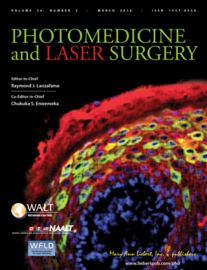

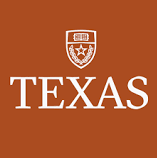
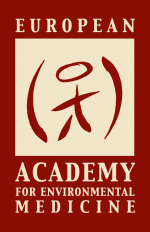
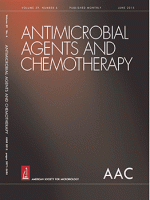
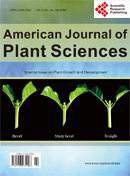

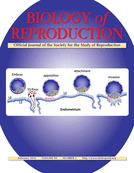
 An education journal is pulling a 2014 paper about how US funding partnerships in Africa could alleviate local poverty, after the author admitted to mistakenly lifting sentences from work presented at a 2012 conference.
An education journal is pulling a 2014 paper about how US funding partnerships in Africa could alleviate local poverty, after the author admitted to mistakenly lifting sentences from work presented at a 2012 conference.